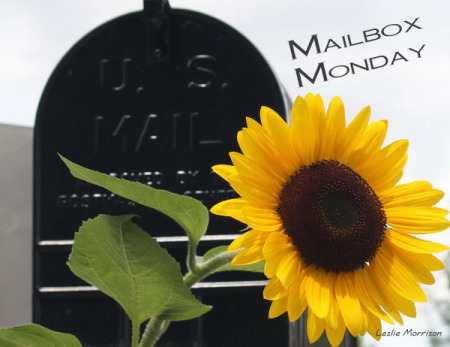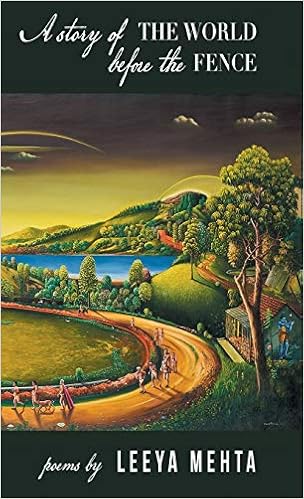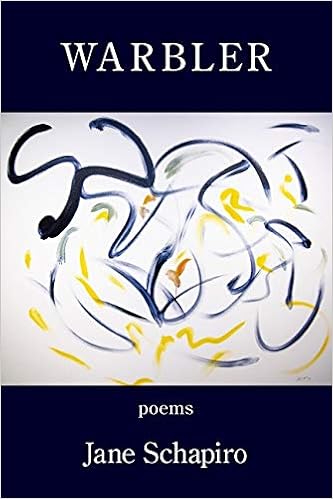
Paperback, 57 pgs.
I am an Amazon Affiliate
Warbler by Jane Schapiro is a poetic song of loss, a call to grief and acceptance and to memory. When we lose someone grief can take hold of us and keep us still, but the memories are what move us past the sorrow and into the light. Schapiro is well acquainted with this journey, and the light song of the warbler enables her to travel beyond the swirl of sadness.
Schapiro plays with poetic form in this collection, creating the shape of cracking porcelain as loss becomes a reality — fragmenting her lines and spacing them like so many shards on the floor — in “Porcelain of Loss.” In this poem, the narrator loses a friend, but the last words they speak are not understood because they must be translated from their native language, but it is not this moment that leaves the narrator shattered, it is the loss itself. The feeling of being unmoored continues in “Gravity,” as the narrator drifts titleless at the funeral — not a relative, not a spouse, not quite a friend because of the age difference — these are the feelings of those left behind. Loss and being lost at the same time. Change is incredibly difficult to handle, especially when it is irrevocable.
Erosion (pg. 49)
happens so slowly
you don't notice
you're dozing
earlier each night,
settling deeper
into your chair.
Between now
and your youth
a canyon
has formed. From
above you
see only tiers
switchbacks
curving. Too tired
to hike
(your knees the heat)
you scan postcards
look for freshwater.
Warbler by Jane Schapiro is reflective of loved ones, of time’s passage, and of the gulf between where we began and where we are as we age and move through life. Her verse is beautiful and meditative, allowing the reader to take the journey with her narrators and experience the shock of unwelcome diagnoses and unexpected death.
RATING: Quatrain
Check out her appearance at Gaithersburg Book Festival with Miles Davis Moore and Naomi Thiers:






